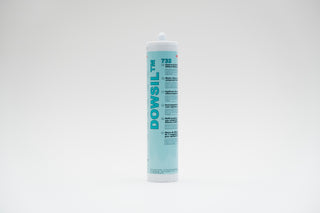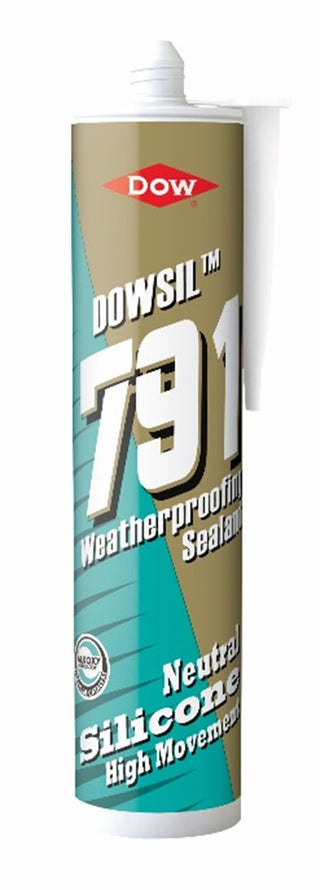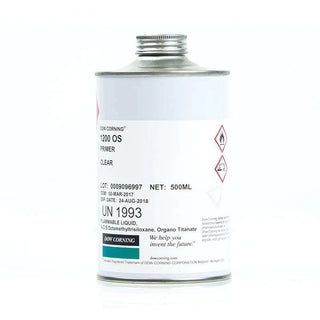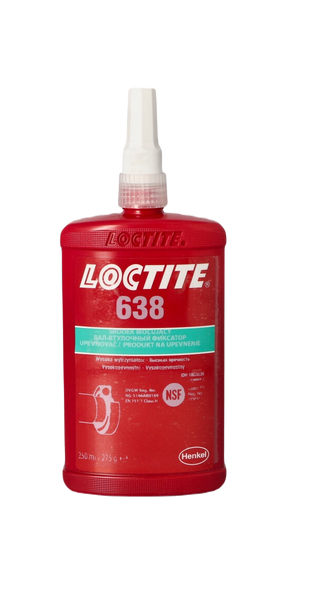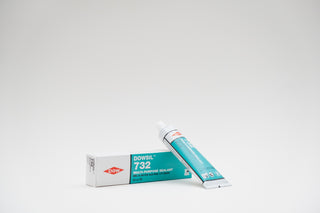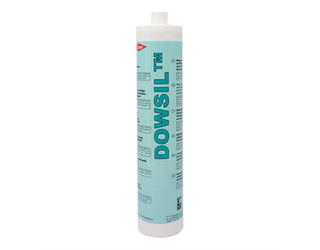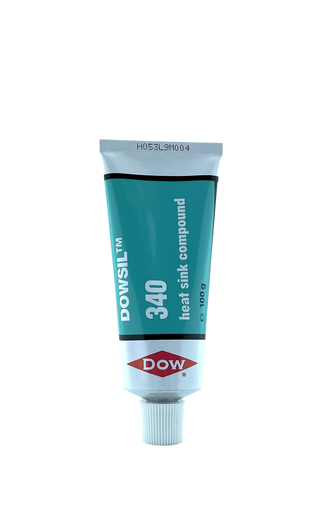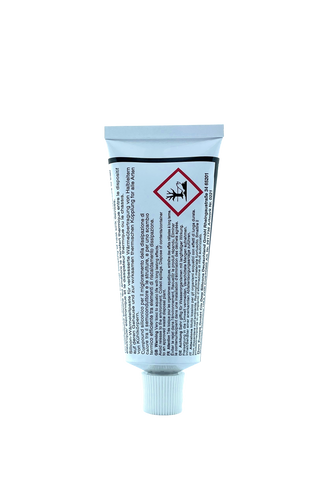Silicones Adhesives Sealants
Sort + Filter
Silicone sealants are compounds with varying degrees of elasticity and plasticity that are specially designed for sealing, gluing and fastening various joints. Here you can buy the highest quality silicones, proven by many of our regular customers. Sealants are divided into categories depending on the tasks they are intended for, so choosing the right product at sklepsmary.pl is very simple.
Silicones - what are they and what are they for?
Silicones are organic polymers that consist of silicon and oxygen bonds. They are very popular due to their unique properties, such as flexibility, resistance to high and low temperatures and water resistance. Due to these properties, silicones are widely used in various fields such as the automotive, construction, cosmetics and medical industries.
Silicones are widely used as sealants and adhesives. Silicone sealants are particularly useful for filling gaps, cracks and other holes in various materials such as metal, plastic, wood and ceramics. They are resistant to water, moisture and temperature changes, which is why they are particularly useful for sealing external elements such as windows, doors and gutters.
Silicones are also often used as adhesives. Silicone adhesives are particularly useful for bonding materials that are difficult to bond with other adhesives, such as glass, metal and plastics. They are also resistant to water and temperature changes, which makes them ideal for bonding external elements.
What is a sealant?
Sealant:
- is a substance used to seal gaps and spaces between connected surfaces, e.g. between a sink and a countertop.
- creates a protective barrier that prevents water, air, heat and other elements from penetrating the substrates or materials to which they are applied, meaning the gap or space becomes watertight and airtight.
Sealants should not be confused with adhesives, which are used to connect surfaces and do not perform the same function of sealing gaps between materials. Sealants also need to be cured, i.e. allowed to dry - the temperature range and duration of this process also vary.
Sealant = silicone?
As one of the most popular sealant options, the words "silicone" and "sealant" are used interchangeably today. And its popularity is not unfounded. Silicone is known to be flexible over a wide range of temperatures. This allows sealants to follow the movement of materials or substrates and prevent them from cracking, splitting or tearing with age. It is also resistant to other chemicals, moisture and weather conditions, making it a suitable option for basic home repairs.
DOWSIL™ silicone sealants are ideal for home use because they are room temperature vulcanizing (RTV), which allows them to cure at room temperature. They can also be used without any problems without mixing and provide high adhesion to various substances.
Thanks to this, in the long run, no gaps form in them, which improves the aesthetics of the house. Thanks to greater stability to UV radiation and higher resistance to temperature and weather conditions compared to other organic sealants, the use of DOWSIL™ silicone sealants ensures resistance to weather conditions - especially in tropical climates where there is a lot of sunlight or heavy rainfall. Because these sealants last longer and require replacement less frequently, homeowners can reduce lifetime costs and contribute to sustainability.
ABC of choosing a sealant
Here are some simple things to consider when choosing a sealant:
- What is your intended use? e.g. resealing windows
- Are there any concerns about this? e.g. food safety, sanitation
- Is the sealant compatible with the substrate? (To ensure good grip and performance.)
The variety of products available on the market can be a bit overwhelming, especially with the technical jargon used on packaging. However, we hope this guide has provided you with an introduction to the basic knowledge of sealants.
Stay tuned for our next article where we will highlight the waterproof sealants that are best for use in your kitchen and bathroom!
Silicones and polyurethanes – comparison
Silicones are superior to organic materials in terms of versatility, durability, aesthetics and value.
Silicone and organic materials are as chemically different as night and day. Organic materials are usually less resistant to UV rays, ozone, rain, snow and extreme temperatures. Over time, they can harden and crack, become rough and lose adhesion, which often leads to water leaks. Another phenomenon is the reverse chemical reaction, in which the organic polyurethane loses its original properties and turns into a substance with a softness resembling chewing gum. The differences between silicones and organics come down to the difference between long-term value,
Silicones - health and environment
In recent years, concerns have been raised about the impact of silicones on human health and the environment. One of the main reasons for these concerns is that silicones are synthetic polymers that can be difficult to biodegrade. This means that they can remain in the environment for a long time, which can lead to their accumulation in soil and water. However, recent research suggests that silicones are not harmful to humans or the environment.
Silicones used as sealants and adhesives are not considered harmful to humans or the environment. However, please remember that they are synthetic polymers and may contain various additives such as dyes and fragrances. Therefore, it is important to choose products containing silicones from proven and trusted manufacturers who use safe and ecological ingredients. It is also worth reading the instructions and disclaimers attached to the packaging of a given product.
Silicone sealant – how does it work and what is it for?
Silicone sealant is a specific type of silicone that is used to seal gaps, cracks and other holes in various materials. These sealants are particularly useful due to their flexibility, resistance to high and low temperatures, and water resistance. These properties make them ideal for complementing exterior features such as windows, doors and gutters. Silicone sealant works by filling gaps and cracks with a flexible, durable material that prevents moisture and other substances from penetrating inside.
Silicone sealant is easy to use and can be applied with a gun or applicator tube. After drying, it creates a durable, flexible seal that is resistant to water, moisture and temperature changes. Silicone sealants are widely used in various industries such as construction, automotive and cosmetics. They are also often used in houses and apartments to seal gaps, for example around windows, doors, bathtubs and washbasins, and to repair damaged elements.
Silicone sealing adhesive - flexible connection
Silicone sealing adhesive is a specific type of silicone that combines the properties of an adhesive and a sealant. It is used to join two surfaces or to seal gaps and cracks. It is particularly useful for bonding materials that are difficult to bond with other adhesives, such as glass, metal and plastics. It is easy to use and can be applied in various ways, for example with a gun. After drying, this material creates a durable and flexible connection that will be resistant to temperature changes, water and moisture.
You can order silicones online
Various types of silicones are widely used due to their unique properties such as flexibility, resistance to high and low temperatures, and water resistance. They are used to fill gaps, cracks and other holes and to glue various materials. However, it is worth choosing products from proven and trusted producers who use safe and ecological ingredients, including those available in the sklepsmary.pl online store. Silicones are irreplaceable tools in many industries, from construction to cosmetics. We encourage all customers to familiarize themselves with our offer of lubricants used in industry, construction, cleaning agents and silicone primers.

